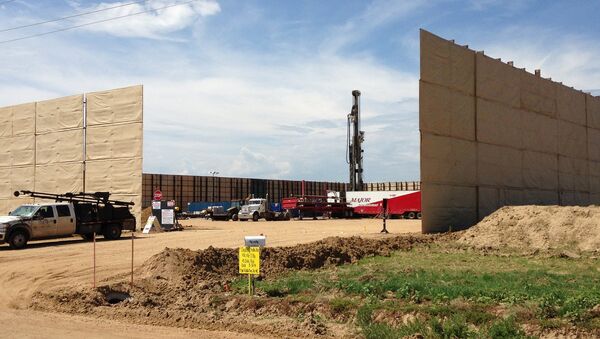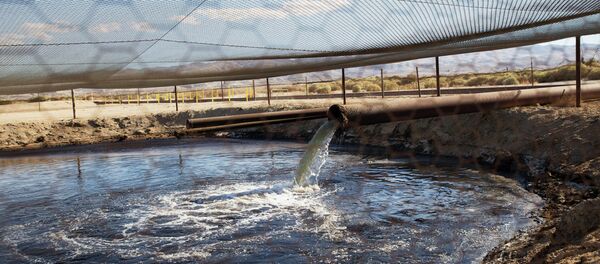Fracking is a drilling technique aimed at extracting natural gas and crude oil from shale rock by fracturing it apart with a high-pressure mixture of water, chemicals and sand. The technique has fueled concerns among environmental campaigners who worry it causes earth tremors and pollution around fracking sites, and furthermore hinders the country's investment in renewable sources of energy.
The authors of the study explored the largest drilling state in the country — Pennsylvania — with its 6,000 wells that have been drilled into the Marcellus Shale since 2008. Their results are not comforting, predicting that residents of 18 Pennsylvania ZIP codes with well density more than 0.79 wells per square kilometer to have a 27 percent increase in hospitalizations for heart conditions, compared to areas where no fracking takes place.
"At this point, we suspect that residents are exposed to many toxicants, noise and social stressors due to hydraulic fracturing near their homes and this may add to the increased number of hospitalizations," said researcher Reynold Panettieri, a professor of Medicine and deputy director of the Center of Excellence in Environmental Toxicology at the University of Pennsylvania.
Study authors also stressed their findings suggest "that healthcare costs… must be factored into the economic benefits of unconventional gas and oil drilling," Reuters reported.
Supporters of fracking within the energy industry say fracking will cause no harm if done properly and that environmental advocates exaggerate the risks.




